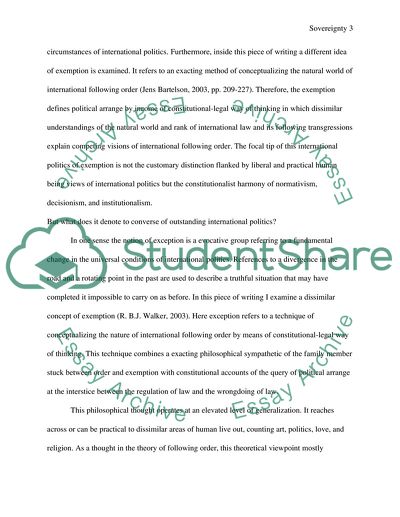Cite this document
(International Politics Sovereignty Essay Example | Topics and Well Written Essays - 1750 words - 1, n.d.)
International Politics Sovereignty Essay Example | Topics and Well Written Essays - 1750 words - 1. https://studentshare.org/politics/1543560-sovereignty
International Politics Sovereignty Essay Example | Topics and Well Written Essays - 1750 words - 1. https://studentshare.org/politics/1543560-sovereignty
(International Politics Sovereignty Essay Example | Topics and Well Written Essays - 1750 Words - 1)
International Politics Sovereignty Essay Example | Topics and Well Written Essays - 1750 Words - 1. https://studentshare.org/politics/1543560-sovereignty.
International Politics Sovereignty Essay Example | Topics and Well Written Essays - 1750 Words - 1. https://studentshare.org/politics/1543560-sovereignty.
“International Politics Sovereignty Essay Example | Topics and Well Written Essays - 1750 Words - 1”. https://studentshare.org/politics/1543560-sovereignty.


